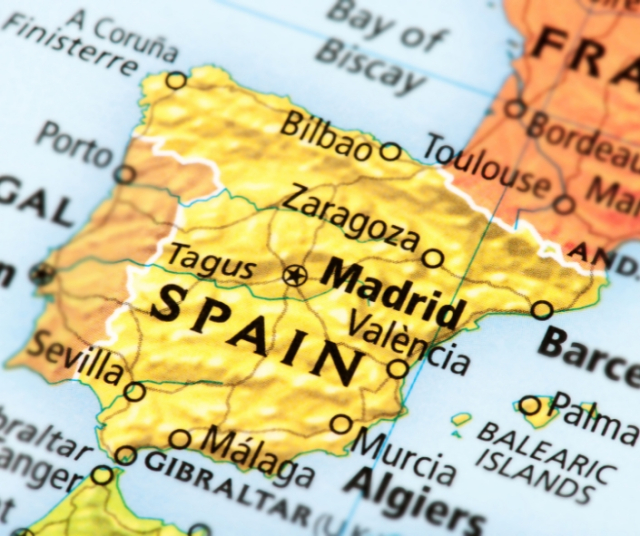The economic crisis in Spain has been one of the longest and most painful in the country's history. Since the global financial crisis of 2008, Spain has struggled to recover from the economic, political and social consequences of the crisis.
Causes of the economic crisis in Spain
The economic crisis in Spain originated from a real estate and financial bubble. Since the 1990s, Spain has experienced a housing construction boom, fueled by the easy availability of credit and growing demand. Speculation in the real estate market led to an increase in house prices and massive construction, however, starting in 2008 the demand for housing began to fall, which led to a drop in house prices.
The global financial crisis of 2008 aggravated the situation in Spain. Spanish banks, which had lent large amounts of money to property developers, began to struggle as the global economy slowed and demand for housing fell. In addition, the global financial crisis reduced investment in Spain and led to job losses and lower wages.
Impact of the economic crisis in Spain
The economic crisis in Spain has had a significant impact on the lives of Spaniards. Since 2008, unemployment in Spain has been one of the highest in Europe. In 2013, unemployment reached its all-time high of 27%, which means that more than one in four workers in Spain was unemployed. Furthermore, many of the jobs available were low-paying, precarious jobs.
The economic crisis in Spain has also led to an increase in poverty and social exclusion. Many people have lost their homes due to inability to pay their mortgages, and many families have struggled to pay their bills and feed themselves adequately. In addition, the economic crisis has negatively affected the mental health of Spaniards, with an increase in cases of depression and anxiety.
Measures taken to combat the economic crisis in Spain
Since the start of the economic crisis in Spain , the Spanish government has taken various measures to combat it. Among them are:
Fiscal austerity: The Spanish government has reduced public spending and increased taxes to reduce the fiscal deficit. This measure has been controversial due to its negative impact on public services and the well-being of citizens.
Labor reforms: The Spanish government has carried out labor reforms to make the labor market more flexible and reduce unemployment.
Capital injection in the banking sector: The Spanish government has provided financing to banks to help them cope with financial difficulties. In addition, it has carried out a restructuring of the banking sector, with the aim of increasing its solvency and reducing systemic risk.
Economic stimulus policies: The Spanish government has implemented economic stimulus policies, such as investment in infrastructure and tax reductions to promote economic growth and job creation.
Social assistance programs: The Spanish government has launched social assistance programs for the people most affected by the economic crisis. These include aid for families with children, unemployment benefits and food aid programs.
Despite these measures, the economic recovery in Spain has been slow and uneven. In 2020, the COVID-19 pandemic further aggravated the economic situation in Spain, causing a drop in GDP of 10.8% and an increase in unemployment of 16.1%.
Despite the efforts of the Spanish government to combat the economic crisis, there are some criticisms regarding the effectiveness of its measures. Some experts consider that the focus on fiscal austerity has been counterproductive, since it has reduced public spending and the purchasing power of citizens, which has negatively affected economic growth. In addition, the economic crisis in Spain has had a significant impact on the country's politics. In the 2011 general election, the Popular Party (PP) won by a large majority, replacing the Spanish Socialist Workers' Party ( PSOE ) in power. The PP implemented fiscal austerity measures and labor reforms, which generated strong opposition from unions and social movements.
The economic crisis in Spain has also had an impact in the European Union (EU). Spain is one of the EU member countries most affected by the economic crisis, which has led to an increase in tensions between the countries of southern Europe and those of the north. Some northern European countries have criticized the economic policies of the southern countries and have demanded stricter austerity measures, while the southern countries have criticized the lack of solidarity from the northern countries.
In 2012, the Spanish government requested a financial rescue from the EU to deal with the economic crisis. This bailout implied a series of conditions, including the implementation of austerity measures and structural reforms. The decision to request the bailout was highly controversial in Spain, as some argued that it meant a loss of sovereignty and that the measures imposed by the EU were too harsh.
